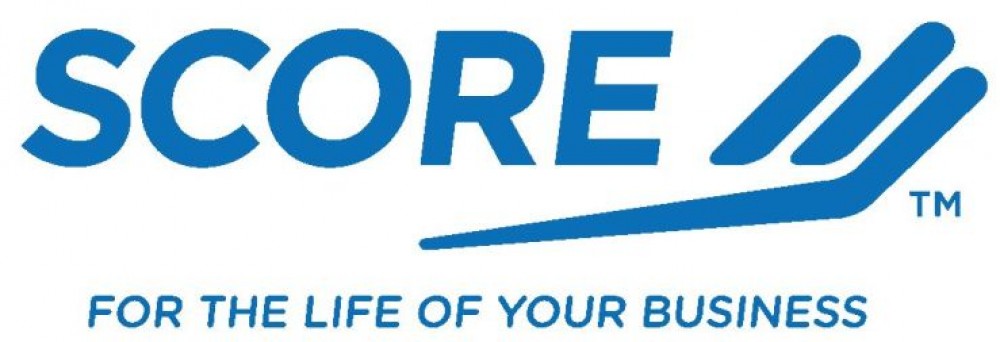We’ve all seen it. An entrepreneur opens a new business, but before long we notice it’s closed. The classic example is a new restaurant, often in a location that has been the scene of more than one failed restaurant before. They ran out of money before the business broke even. The time and money they spent is gone, and their lender probably has a claim on their home and other assets.
 How does this happen? Second, they waited until the business opened to start building their audience. When they opened the doors or published the book, what did they hear? You know.
How does this happen? Second, they waited until the business opened to start building their audience. When they opened the doors or published the book, what did they hear? You know.
What should you do instead
Guy Kawasaki, one of the original Apple evangelists and an accomplished author, had this message for new authors: “The process of building a platform [audience] takes six to twelve months … If you don’t have a platform yet, you need to build one as you are writing your book.”
This applies to everyone. Find ways to build relationships with potential customers as soon as you have figured out who they are. Go where they hang out in the real world and meet them face to face. Meetup groups. Chambers of Commerce. Community events. Conventions. Trade shows (yes, there are still trade shows. Don’t believe me? Check out the convention center in Orlando). Look for opportunities to speak.
Go on-line and look for people who are posting on Twitter about the problems or opportunities you are attacking. Join relevant LinkedIn groups. Do your potential customers upload to Pinterest? Do bloggers write about your industry or your customers? Respond to their posts. Ask them questions. Try to move the on-line relationships off-line.
When you meet people, invite them to subscribe to your email newsletter or your blog. Keep them up to date on your progress. Ask them for opinions. If you have a product or a physical location, share pictures as things get built. Writing a book? Ask people to comment. Listen to them and make changes. Have a contest … give away a few autographed copies of your book, or meals at your restaurant, or tickets to your concert.
On launch day, you should hear more than crickets.
SCORE counselors are available locally or on-line to help you create and manage a successful business. Call us in Pinellas County at (727) 532-6800 or go online to www.pinellascounty.score.org.
image courtesy of arpingstone via wikipedia commons license



